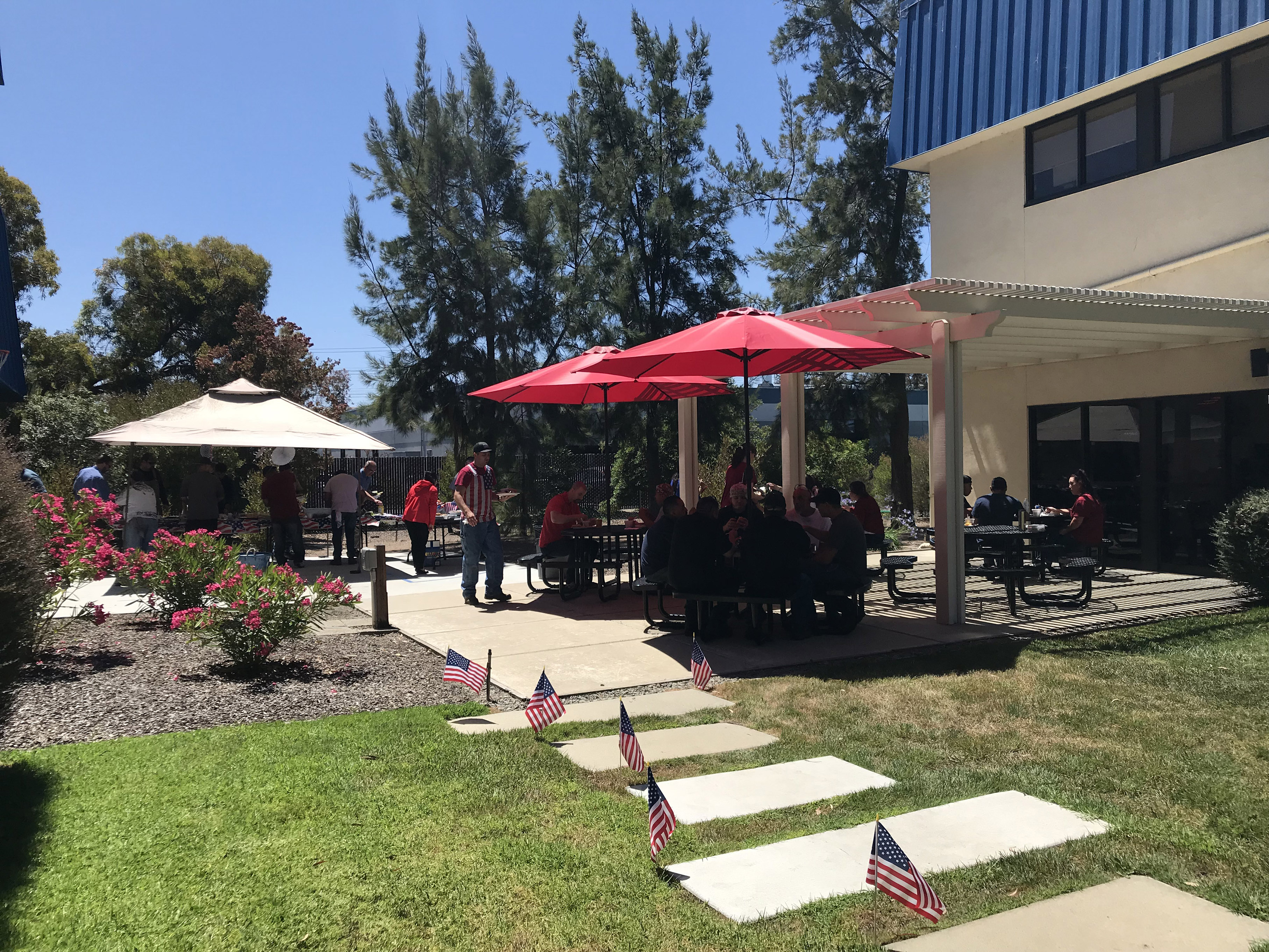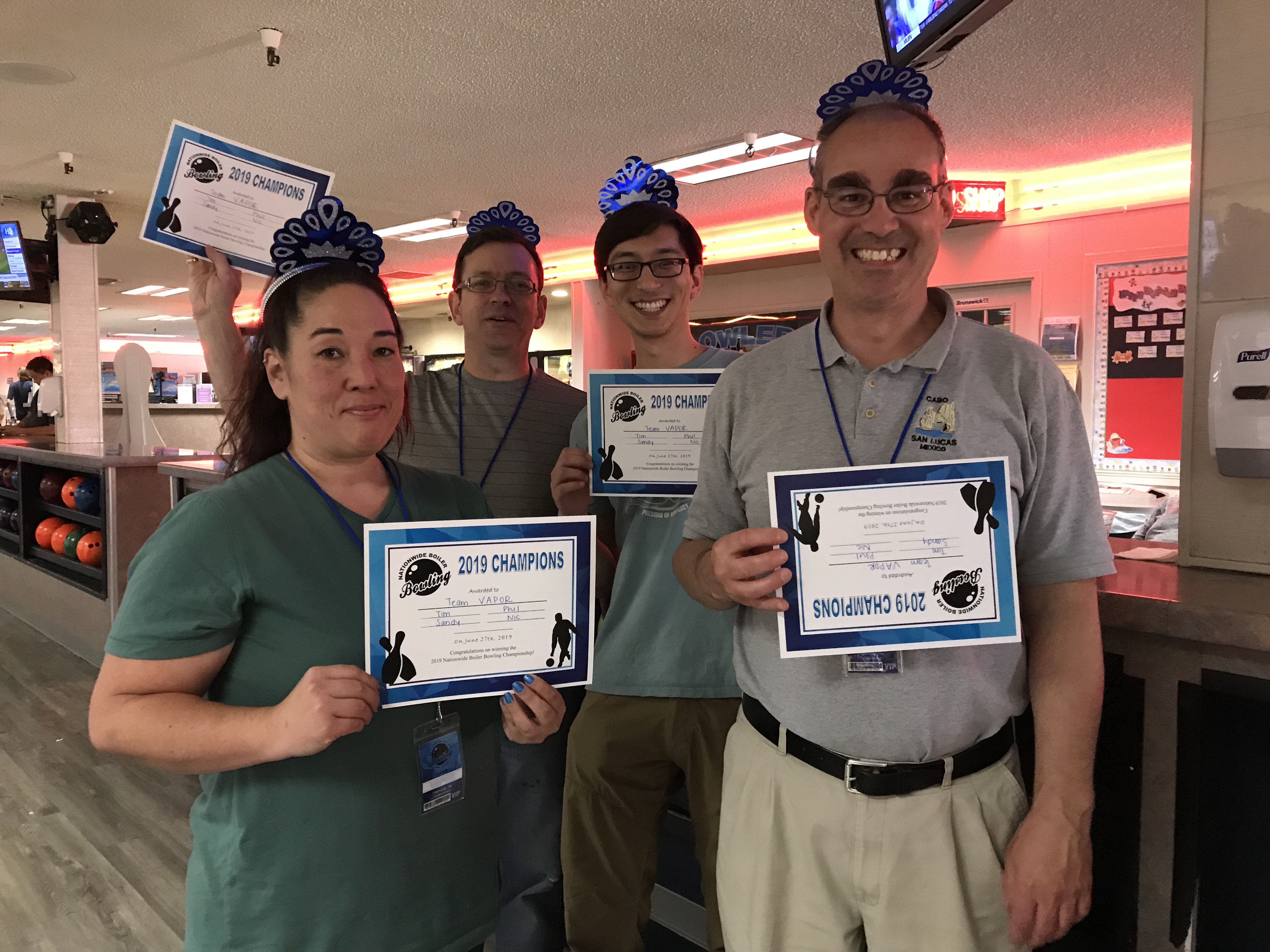Combustion equipment safety is essential for the daily operation of facilities and safety of plant personnel. Safety protocols and mechanisms in industrial plants have improved drastically in the last century, but incidents still occur far too frequently. Because boiler systems are inherently dangerous, safety must be factored into the design of not just the boiler, but also the burner, combustion control, and the overall operation of the system.
The burner management system (BMS) is just one of many safety devices built into a boiler system, designed to control the combustion process from beginning to end in a safe and reliable manner. It monitors high and low gas pressure, the combustion air fan, combustion air, and water levels, in addition to monitoring safety devices and controlling the sequence of lighting the burner. If any issues arise related to pressure or water level, it will initiate closure of the shut-off valves. To automate these processes, PLC-based controls are often used as a BMS. PLC based BMS gives you much more flexibility, the ability to use analog input signals as limits, limit voting and the versatility to have almost unlimited safety limits.
A Programmable Logic Controller (PLC) is a robust computer utilized for industrial automation. Although a PLC doesn’t physically look like a typical computer, it incorporates the very same technology seen in computers and smart devices that we use every day. The PLC receives information from connected sensors or input devices, processes the data, and triggers outputs based on pre-programmed parameters. It consists of a power supply, a CPU (central processing unit), input and output cards, and communication cards. A programming device (often a laptop computer) is utilized for writing programs into the PLC and HMI (human machine interface) which provides a visual model of the system as a whole.
Compared to traditional technologies, a PLC-based system is easier to troubleshoot, more reliable, more cost-effective, and much more versatile. In addition, PLC-based controls provide added levels of safety for the burner management system and overall operation of your boiler. PLCs are built in compliance with NFPA 85 and SIL2 requirements at minimum and can be configured to meet SIL3 standards as well. Therefore, we are seeing boiler control panels being built or updated to PLC-based systems more than ever.
Pacific Combustion Engineering has extensive knowledge and experience in the design, build, and programming of PLC-based combustion control systems. If you are in the market for an upgrade or brand-new panel that incorporates PLC, give us a call and we will design a system that fits your unique process needs.



 Within the RECLAIM standards, Rule 1146 outlines specific guidelines for boilers, steam generators, and process heaters that have a heat input of 5 mmBtu/hr or greater, that are utilized in all industrial, institutional, and commercial operations. This rule has changed several times, and at the end of 2018, another revision to the rule was adopted. All Group 1 units (>/= 75MMBTu/hr) as well as Group II units (20 - 75 MMBTu/hr) with an existing permit limit greater than 2 ppm must comply with a 5 ppm NOx limit. In addition, facilities that qualify must be in compliance by 2022 – 2023. The table below outlines all equipment and current limits based on category and heat input.
Within the RECLAIM standards, Rule 1146 outlines specific guidelines for boilers, steam generators, and process heaters that have a heat input of 5 mmBtu/hr or greater, that are utilized in all industrial, institutional, and commercial operations. This rule has changed several times, and at the end of 2018, another revision to the rule was adopted. All Group 1 units (>/= 75MMBTu/hr) as well as Group II units (20 - 75 MMBTu/hr) with an existing permit limit greater than 2 ppm must comply with a 5 ppm NOx limit. In addition, facilities that qualify must be in compliance by 2022 – 2023. The table below outlines all equipment and current limits based on category and heat input. To encourage camaraderie throughout our company, Nationwide Boiler coordinates multiple events for employees to take part in. This year we have a total of 6 sporting events in the lineup, including soccer, baseball, and college football. The next game we are looking forward to is the Oakland A’s vs. Texas Rangers, and of course, we will be rooting for the A’s! We also coordinate multiple barbeques & dessert socials throughout the year to satisfy our many food lovers and celebrate certain events. Most recently, we held our Independence Day barbeque the week of July 4th. We had grill masters, Larry Day and Michele Tomas, cook up some delicious burgers and hotdogs; while Holly Lepo spoiled us all with her famous and delicious chili, yum! We can’t wait for the next one.
To encourage camaraderie throughout our company, Nationwide Boiler coordinates multiple events for employees to take part in. This year we have a total of 6 sporting events in the lineup, including soccer, baseball, and college football. The next game we are looking forward to is the Oakland A’s vs. Texas Rangers, and of course, we will be rooting for the A’s! We also coordinate multiple barbeques & dessert socials throughout the year to satisfy our many food lovers and celebrate certain events. Most recently, we held our Independence Day barbeque the week of July 4th. We had grill masters, Larry Day and Michele Tomas, cook up some delicious burgers and hotdogs; while Holly Lepo spoiled us all with her famous and delicious chili, yum! We can’t wait for the next one.